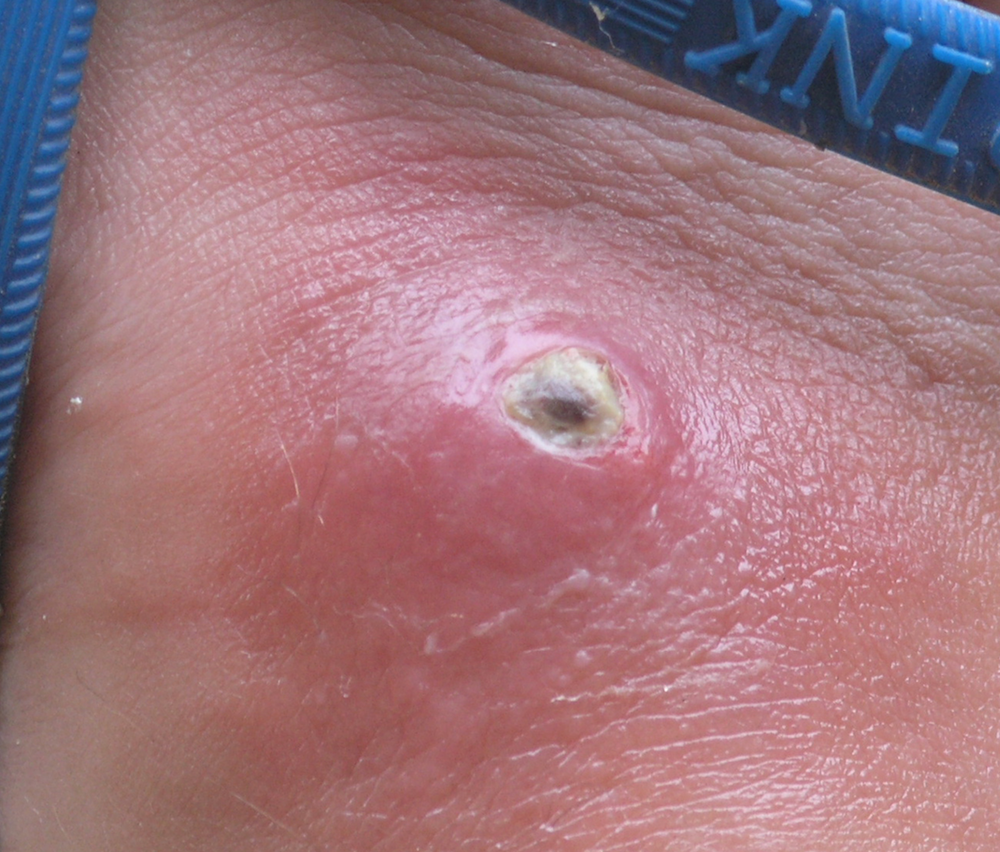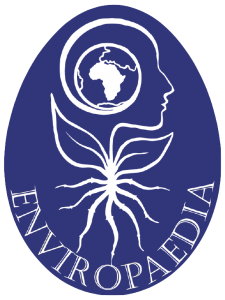
The subject of spiderbite is a rabbit warren of hoax emails, misinformation, misconceptions and ignorance. It's almost impossible to identify a lesion or wound as being caused by a spiderbite, and at the same time, it's is equally impossible to say that a spider was not involved. Common sense says that unless you watch the spider bite you, you have to raise the question of if a spider was the cause at all.
Misdiagnosis of spiderbite all over the world has reached pandemic proportions. In many instances, people claim to have been bitten by spiders, despite a distinct lack of any evidence. The usual reaction is that "It can only be a spider, "What else can it be?" This perception has resulted in mass hysteria, numerous hoax emails and widespread misinformation. It's very strange that people who work with spiders on a daily basis almost never get bitten by them!
The following should be noted:
The Plant Protection Research Institute in Pretoria houses the National Collection of Arachnida, which includes a database of over 50,000 spider records dating back to before 1973. These records are sourced from scientific research and surveys, with a large proportion submitted by the general public from densely populated areas.
It's interesting to note that of more than 50,000 records, only 131 pertain to Violin Spiders. This data demonstrates the scarcity of Violin Spiders in the urban environment.
Scientific research (not Internet research) has shown that medical professionals who practice in areas where spider bites regularly occur, are better at recognising the symptoms. In areas where spider bites are rare, misdiagnosis is more frequent. For example, Violin Spider bites are often diagnosed where these spiders are not known to occur. It is possible, but very rare, that spiders are brought into an area through human activities.
A spider will deliver a defensive bite usually only once. Therefore multiple bites occurring over an extended period of time, are more likely to be caused by biting insects such as fleas, bed bugs and mosquitoes. The following indicates that the source of the lesion is more likely to be from a biting insect than a spider:
Spider bites are often reported from places where people live in close proximity to each other, for example, prisons, hospitals, hostels, nursing homes and boarding schools. Further investigations at these facilities often result in no spiders being found. In almost every case, the cause will be a bacterial infection (see MRSA) and not spiders.
The following symptoms are typical of a MRSA infection:
Bacterial infections can often be reduced by greater attention to personal hygiene, such as more frequent washing of hands, showering, more changes of bed linen and clothing.
Tick bites are often misdiagnosed as spider bites. Multiple "spider bites" around the ankles and lower legs, especially after walking through long grass, can often be attributed to ticks.
Asking for spider bite advice on Facebook and Internet groups is like asking an art student for financial advice. If you need medical advice, then ask a medical professional.
If you require medical advice on a spider bite (or any other bite or sting) then please phone the Tygerberg Poison Information Helpline. Click here for the details.


If you run an organisation or community group and would like an event, then email me on info@JonathanLeeming.com I offer generous discounts for community groups, and can arrange an event at your venue, or arrange a venue. Events are priced according to your budget and requirements.
